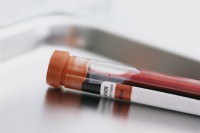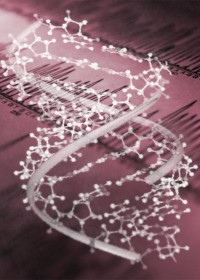
Researchers are taking a new look at why certain cancer patients survive usually fatal cancers by focusing on the genetic makeup of their cancer tumors. By studying these “miracle” survivors, researchers hope to discover how their bodies were able to target and kill cancer cells when others could not and apply that knowledge to the development of advanced targeted cancer therapies that could potentially increase the number of cancer survivors. Researchers believe that the key to cancer survival may lay hidden within the complex genetic composition of the cancer tumors themselves.
Spearheaded by the National Cancer Institute, Reuters reports that cancer researchers across the country have launched “super responder” initiatives designed to examine the role gene mutations play in the effectiveness of different drug protocols and cancer treatments. The study grew from a drug trial for patients with advanced bladder cancer conducted by Dr. David Solit, an oncologist at Memorial Sloan-Kettering Cancer Center in New York City. Dr. Solit wondered why one patient not only lived while others died but has remained cancer-free for three years. He discovered that a rare combination of two genetic mutations within her cancer tumor made the patient more receptive to the drug treatment. Solit has since created an outlier clinic to study such exceptional responses in other cancer patients.
The sequencing of the human genome has opened new avenues of cancer research and spurred the development of targeted cell therapies using both drugs and cancer vaccines. As the cost of gene sequencing continues to decrease, cancer treatment is expected to shift increasingly toward individualized treatment programs based on the patient’s unique genetic profile.





